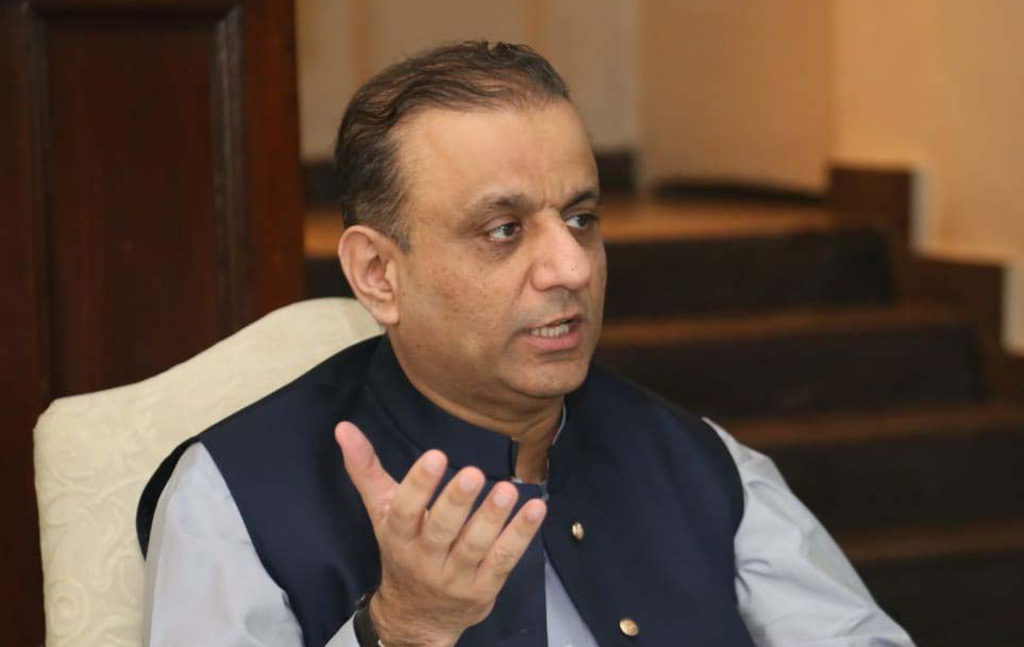Detention of a minister

Since it is the first time ever in this country for a ruling party leader to face accountability while in office, the arrest of Punjab government's senior minister Aleem Khan has generated a lot of general interest. The main political players, however, are using the case to defend their respective positions on the corruption issue, presently at the front and centre of national debate and discussion. Aleem Khan's party, the PTI, and its sympathizers, of course, are claiming moral high ground pointing out that the minister tendered his resignation - unlike former PML-N finance minister Ishaq Dar who absconded to London, and even contested a Senate seat from there - soon after his arrest, saying he would face the case in courts. Having been relentlessly accusing the National Accountability Bureau (NAB) of resorting to 'selective accountability' and criticizing the government for protecting some of its own high profile suspects, the opposition parties whose leaders bear the brunt of the anti-corruption watchdog's actions, now seem to be a bit perplexed over the development. They are trying to explain it either as the result of an in-house conspiracy or a balancing act by NAB.
But from the wider public perspective, it is test case for NAB. The former minister has been remanded to NAB custody for eight days for investigations into charges of acquiring assets beyond known means while holding public office - under Gen Musharraf's government. It is worth noting that most of the alleged wrongdoings are more than a decade old, yet all these years, the relevant organisations did not bother to pay any attention to these cases or those involving other important public figures. Which is not surprising in view of the fact that the accountability agencies are known to take action only against ordinary people. For far too long, the high and mighty of the land have remained above the law. It is about time, rule of law is established and all people, high and low, rich and poor are treated equally. There must not be one law for the members of disadvantaged sections of society and another one for influential people.
In the present instance, though, the justice system's principle that presumes innocence until proven guilty, needs to be given due respect. The opposition parties as well as the government should refrain from making further comments on the case. What NAB does with it will be closely watched, however. It must do its job in a manner that is transparent, and is seen as fair. At stake is its reputation as an impartial and independent accountability body.




























Comments
Comments are closed.